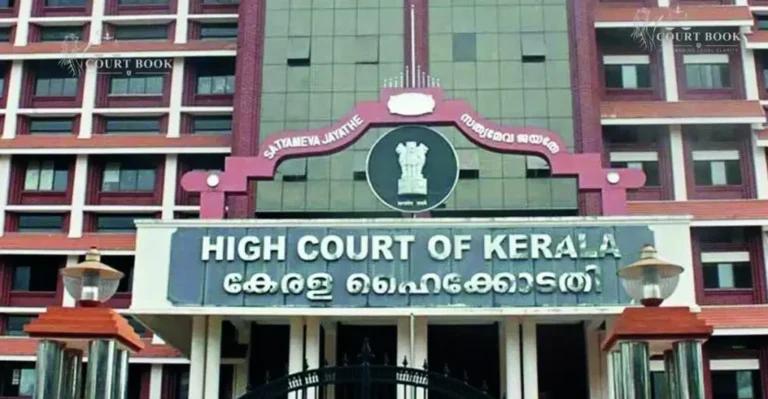The Kerala High Court on April 4, 2025, made significant oral observations during a hearing related to women’s issues in the Malayalam film industry. The Bench reflected on the impact of the Supreme Court’s 2018 Sabarimala judgment and the broader contradictions within Kerala’s feminist movement.
Read also: Kerala High Court Halts Criminal Case Against Divya Pharmacy, Baba Ramdev & Acharya Balkrishna
“The Sabarimala verdict gave a new perspective to women empowerment in Kerala,” the Court remarked.
The Court noted a unique contradiction in Kerala’s feminist narrative — while women are significantly empowered in the public sphere, there remains a lack of similar empowerment in private spaces.
Read also: Walayar Rape-Death Case: Kerala High Court Grants Interim Protection to Victims' Parents
“Peculiar situation in Kerala… in the public sphere we find substantial development progress. Women are in the forefront of everything,” the Court said.
The Bench consisted of Justice A. K. Jayasankaran Nambiar and Justice C. S. Sudha, who are presently hearing matters related to issues faced by women in the Malayalam film industry. These concerns were brought to light after the redacted Justice Hema Committee Report was made public.
The judges elaborated on the historical context of empowerment in Kerala. The state had a strong legacy of social reform movements where women actively participated in agitations against caste and religious oppression. This led to visible progress in public life.
Read also: Supreme Court Halts Trial Against YouTuber in POCSO Case, Questions Kerala Police's Intent
However, the Court expressed concern over the gap between public and private empowerment.
“On the public front, you are good. When it comes to private sphere, there is no substantial empowerment… In private areas, when it comes to home, when it comes to religion, these are all intimate spaces and there, you don't find much of an empowerment happening,” the Bench observed.
The Court also pointed out the response to the Supreme Court’s 2018 Constitution Bench ruling on Sabarimala. That landmark judgment, passed with a 4:1 majority, allowed entry of women of all age groups into the Sabarimala temple and declared that “devotion cannot be subjected to gender discrimination.”
Despite this progressive step, the Kerala High Court remarked that many women themselves opposed the judgment, which exposed contradictions in the state’s feminist movement.
“That sort of puts a contradiction in the women's movement perspective,” the Court noted.
The Court emphasized that this disconnect must be addressed, especially considering the emotional, cultural, and religious aspects tied to private spaces such as home and faith.
In previous hearings, the Court had directed the Kerala Government to draft new legislation to tackle the problems faced by women in the Malayalam film industry. On April 4, the Bench further added that the law should also focus on empowering women in private spaces.
“Legislation can only do so much but legislation must encourage something that will happen in the home,” the Court said.
“If it happens from within, then you don't need legislation. There will be social transformation even without legislation. It must be awareness which is imparted in the homes," the Court observed.
The State Government also informed the Court about its plan to hold a Cinema Conclave in Ernakulam, scheduled for the last week of April or the first week of May. The purpose of the conclave is to discuss core issues and, following this, a new policy will be drafted. The process of preparing the special legislation is expected to begin soon after the event.
The matter will be next taken up after the court vacation.
Case Title: Jannath v State of Kerala & Other Cases
Case Number: WPC No. 31205/2024 & Other Cases














